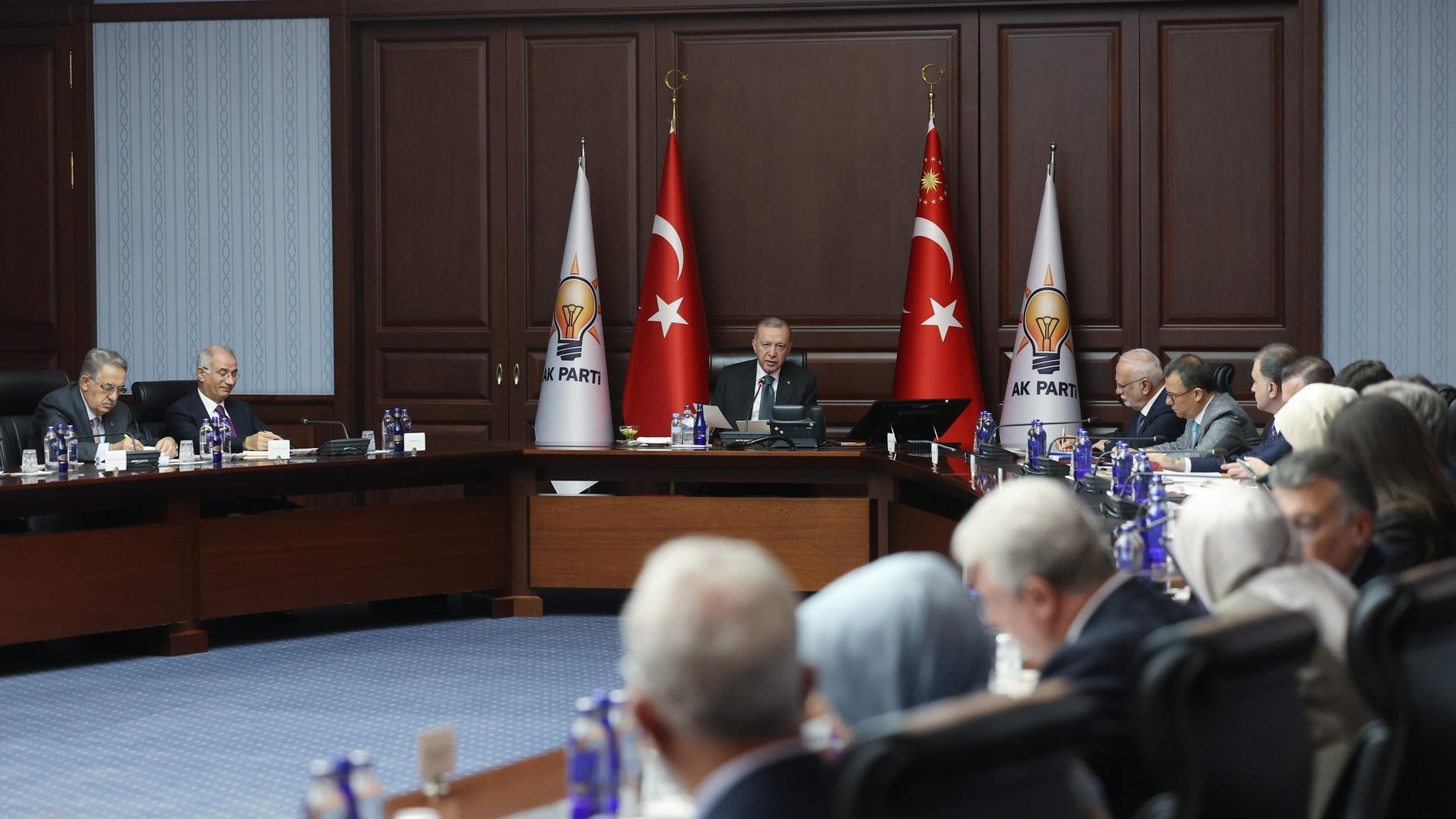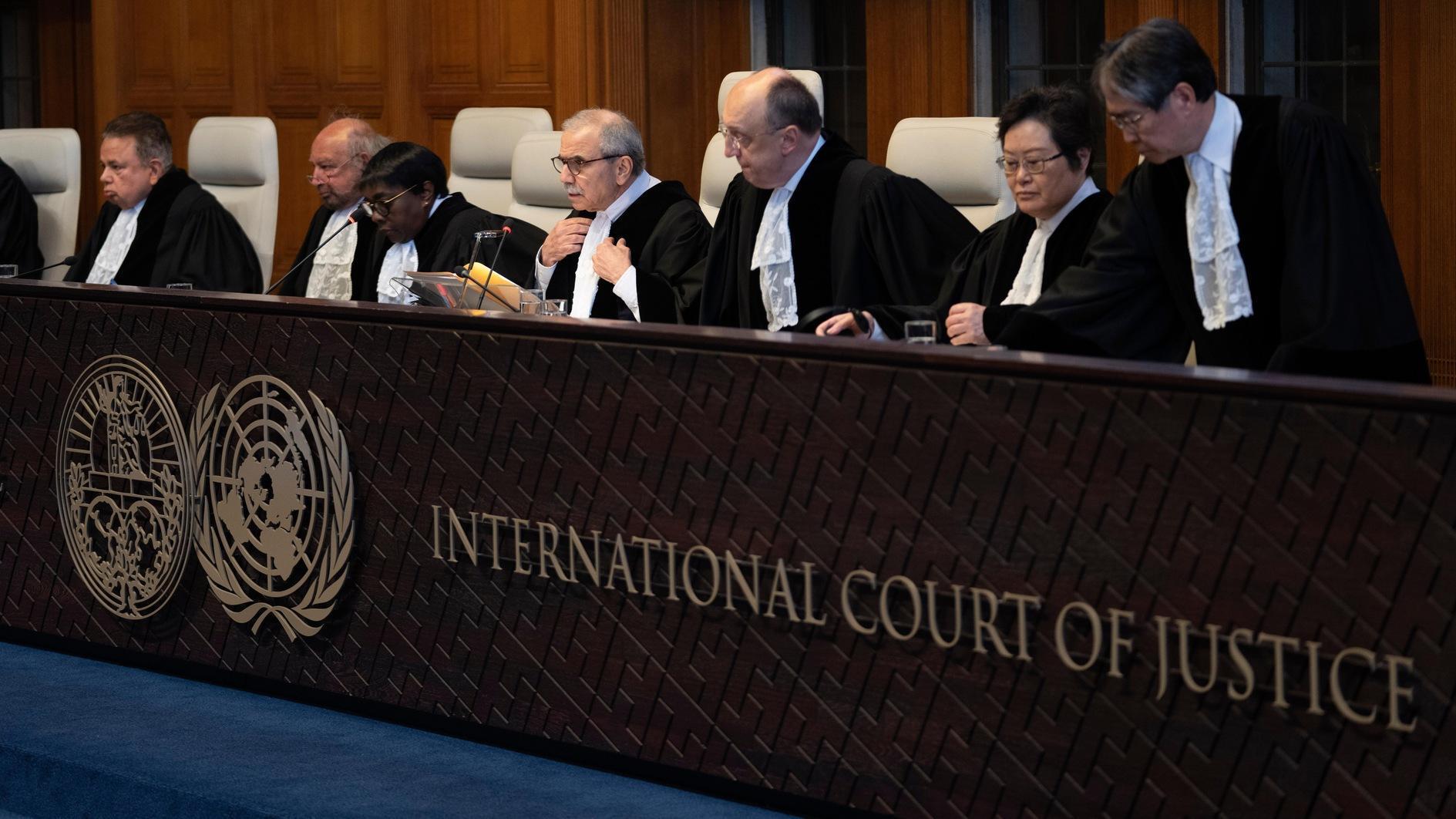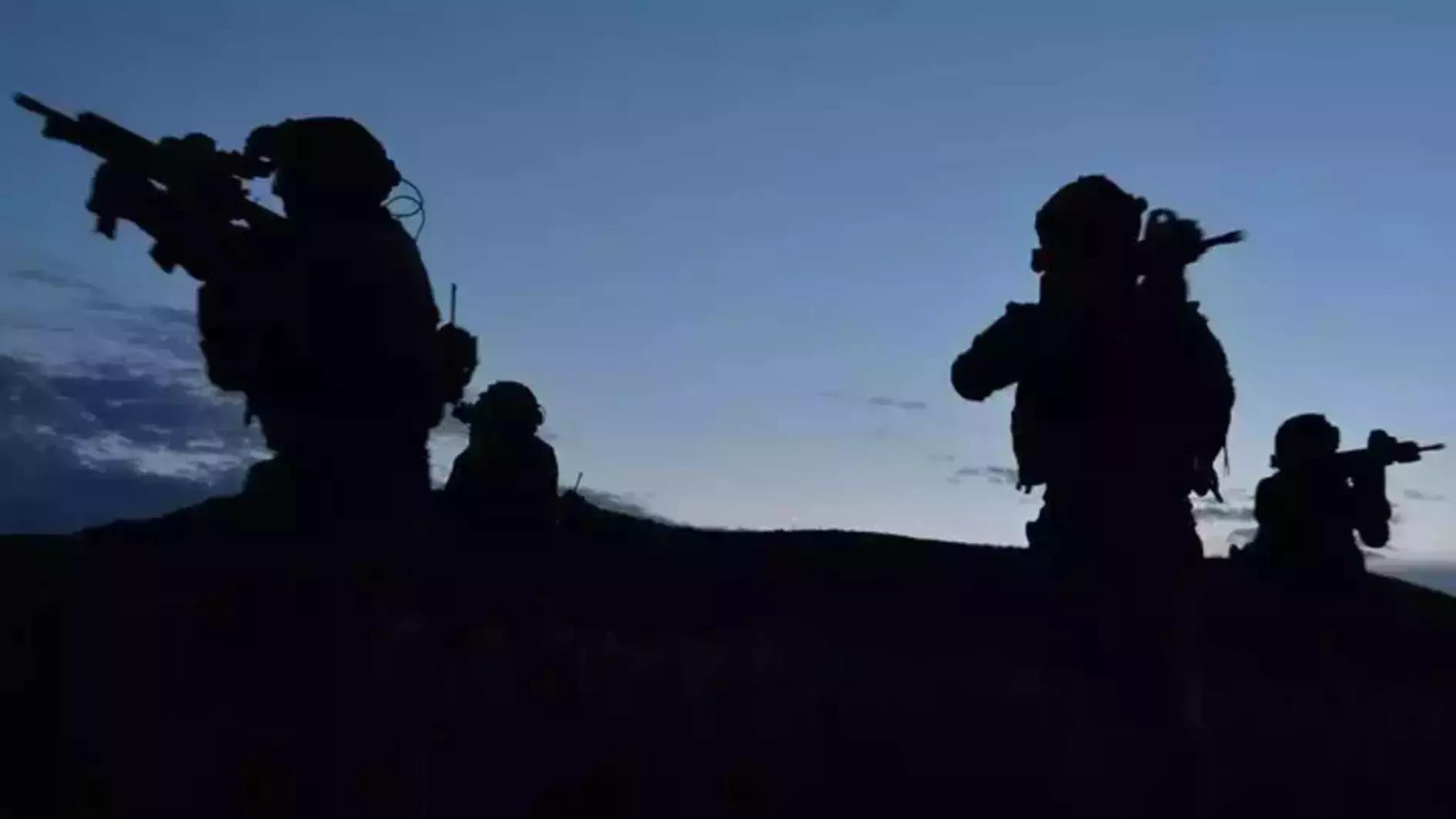Barometer of the Middle East and Turkey
BEIRUT - CENGİZ ÇANDAR
As soon as I entered the familiar living room of the mansion in the middle of Beirut, the oil portrait on top of the door drew my attention. “Did you hang this portrait there to symbolize Turkey’s return to the region?”I asked Walid Jumblatt. Apparently he bought it from a store at the entrance of Istanbul’s covered bazaar a few months ago. “Who is he?” he asked.
“Don’t you know? It is Sultan Selim,” I told him.
He continued, “I know he is Selim, but I did not know which Selim. Is he Selim el-Evvel?”
Selim el-Evvel, meaning Selim the First, is known in our history as Yavuz Sultan Selim.
That is how our conversation started.
With his harsh statements against Syria one after the other in recent days, Walid Jumblatt is the only political leader in Lebanon who has openly opposed the regime of his neighbor.
He is one of the most senior and experienced political personalities in the region; from my point of view, he is the “Barometer of the Middle East.” He believes the family who has settled down on the governing power in Syria is in a state of “mania” and they are dragging themselves toward disaster; themselves together with Syria and the whole region.
He is anxious incidents in Syria will also spread to Lebanon, constantly mentioning the names of Recep Tayyip Erdoðan and Ahmet Davutoðlu. “They were Bashar al-Assad’s closest friends. Moreover, Erdoðan’s wife was very close to Bashar’s wife,” he said, complaining about the Syrian President. “How many times have Erdoðan and Davutoðlu advised him? He did not listen to the advice of those closest to him.”
Concerns reference history
He is concerned if this regime resists until the very end then Syria, together with Lebanon, might disintegrate. “The three major developments in the region during the 20th century were three separatist treaties,” he said. “They have divided the whole region with Sykes-Picot. Palestine was fragmented with Balfour and Israel’s foundations were laid. There is another agreement. It was a disaster. It was shattering Turkey.”
I said, “Sevres, 1920.”
“Yes,” he answered, “Atatürk united Turkey. He tore apart Sevres with Lausanne. But Lausanne has broken the Kurds, almost destroyed them. The Armenians were out of the picture anyway, a long time ago.”
“However, today, Sykes-Picot is finished in a sense. This time, the region can be regarded as having been segmented based on sects and minorities [referring to the situation in Iraq]. With the emergence of the Kurdish state, it can be said Lausanne has also come to an end historically.”
Walid Jumblatt is also concerned about Iran, which he thinks is acting based on this “platform.”
I interject, “It is not such a pessimistic situation. Do not forget Turkey. Iran is not as powerful as you assume. If look from a different angle it is, on the contrary, a weak country getting weaker. Iran cannot build the future of the region, but Turkey can. As long as it overlaps with the dynamics of the Arab Revolution triggered in Tunisia and now blazing Syria, Turkey can play a unifying role in the region.”
Buffer zone
A short while before meeting Walid Jumblatt, I had spoken on the phone with a diplomat in Damascus. We talked as discreetly as possible. “There are two major problems. When and how? These are the two we do not have an answer now,” I told him.
He knew I was referring to the impossibility of the Syrian regime’s survival and the inevitability of its collapse. “Do not forget there is third question,” he said. “What will happen next?”
An individual very close to Lebanon’s former Prime Minister Rafic Hariri, whose assassination in 2005 is widely believed to have been orchestrated by the Syrian regime, approached me. This person, who has also written a book on Hariri and is considered to be the founder of the new Lebanon, asked me, “How long do you think the Syrian regime will last?”
“How can I know? I am here to present this question to all of you. I have heard from those inside, they predict he may fall in the first half of 2012,” I tried to say.
He interrupted, “Not that long. Two months.”
When he saw I was not quite convinced, he let the cat out of the bag. “This regime will not go easily unless outside forces are involved. What do you think? Will Turkey enter to form a buffer zone?”
I answered the question with a question, “What will happen if it enters?”
“In that case, he cannot even last two months. He will collapse and go. Turkey has to enter.”
The wish of the Lebanese Sunnis is in this direction. When Turkey’s name is mentioned in Beirut - and it is mentioned in every second - these words are uttered simultaneously: “Mýntýkat-ül Aazili,” meaning buffer zone.
Turkey opponents
When it is Lebanon in question, allies of Syria and Iran should not be forgotten. Hezbollah is Lebanon’s major political power. It is a state within a state and at the same time it commands the state, especially military intelligence. It is a supporter of the Syrian regime and has very close ties with Iran. Among Hezbollah’s Lebanese allies are retired General Michel Aoun, who is an influential figure for almost half the Christians and the Armenian Dashnak Party. This “block” constantly spreads negative rumors about Turkey, ranting about Turkey on television channels. One of their rumors which is hard to believe is, “Iran will start a war with Turkey to save Syria.”
cengiz.candar@radikal.com.tr
Cengiz Çandar is a columnist for daily Radikal where this piece appeared Dec. 16. It was translated into English by the Daily News staff.











